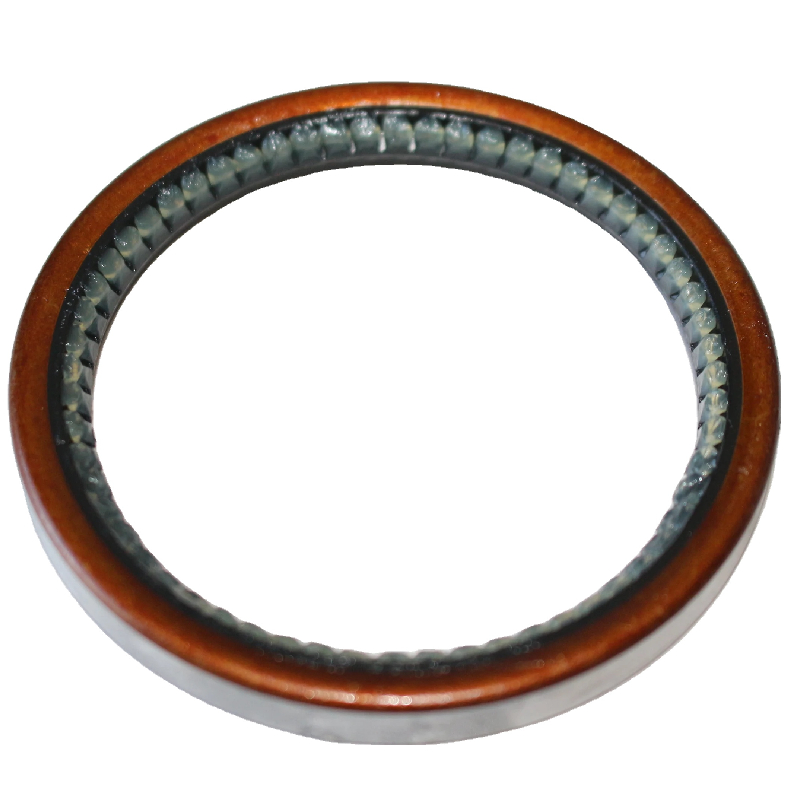Durable Metal Oil Seals for Enhanced Performance and Longevity in Mechanical Applications
Understanding Metal Oil Seals Their Importance and Applications
In the realm of mechanical engineering and automotive design, metal oil seals play a crucial role in ensuring the efficient operation and longevity of machinery. These components, often overlooked, are vital in preventing the leakage of lubricants and fluids while also keeping contaminants out of key areas. This article delves into the composition, functionality, benefits, and applications of metal oil seals, highlighting their significance in various industries.
What Are Metal Oil Seals?
Metal oil seals, often referred to as metal lip seals, are mechanical devices designed to seal the openings of rotating shafts or other moving parts within machinery. They typically consist of a metal casing, which provides structural strength and durability, and a sealing lip made from elastomeric materials like rubber or polyurethane. The combination of metal and elastomer enhances the seal's effectiveness, making it suitable for applications that require high pressure and temperature resistance.
How Do They Work?
The primary function of a metal oil seal is to prevent the escape of lubricating oil from sealed compartments while simultaneously preventing dirt, dust, and other impurities from entering the machinery. The sealing lip makes contact with the surface of the rotating shaft, creating a barrier that minimizes leakage. As the shaft rotates, the pressure exerted by the fluidand the dynamic nature of the sealing lip enhance the meshing between the seal and the shaft, providing an effective and durable seal.
Benefits of Metal Oil Seals
metal oil seal

The advantages of using metal oil seals are numerous. Firstly, their metal casing provides superior strength and resistance to mechanical wear, making them ideal for harsh operating conditions. They can withstand high temperatures and pressures, which makes them suitable for heavy-duty applications. Additionally, the combination of metal and elastomer ensures a tight seal, reducing the risk of fluid leakage and contamination, which can lead to equipment failure and costly repairs.
Moreover, metal oil seals exhibit excellent chemical resistance, making them versatile for use with various fluids, including oils, coolants, and greases. They can be employed in a wide range of applications, from automotive engines to industrial machinery, contributing to their widespread adoption across different sectors.
Applications of Metal Oil Seals
Metal oil seals are found in an array of applications, highlighting their versatility. In the automotive industry, they are commonly used to seal oil pumps, gearboxes, and differentials, where they prevent oil leaks and maintain proper lubrication. Furthermore, in industrial settings, they are crucial in machinery such as pumps, compressors, and electric motors, ensuring smooth operation by minimizing contamination and preserving lubricant integrity.
In the aerospace and manufacturing sectors, metal oil seals play an essential role in components that must withstand extreme conditions. Their reliability and durability are paramount in ensuring the safe and efficient operation of aircraft and heavy machinery.
Conclusion
In conclusion, metal oil seals are indispensable components in various mechanical systems, providing essential sealing capabilities that prevent leakage and contamination. Their unique design, characterized by the integration of metal and elastomeric materials, allows them to perform effectively under demanding conditions. As industries continue to evolve and the demand for reliable machinery increases, understanding the role and significance of metal oil seals will become even more critical. Investing in high-quality seals can ultimately lead to better performance, extended equipment life, and reduced maintenance costs, proving that sometimes, the smallest components hold the greatest importance.
-
Your Essential Guide to Car Repair Kits: From Rust to Dings
News Jun.13,2025
-
Understanding Vital Engine Seals: Key Gaskets in Diesel and Performance Engines
News Jun.13,2025
-
The Vital Role of Bearings in Marine and Boating Applications
News Jun.13,2025
-
Sealing the System: A Complete Guide to Engine Oil Gaskets
News Jun.13,2025
-
Sealing the Foundation: A Complete Guide to Engine and Transmission Pan Gaskets
News Jun.13,2025
-
Essential Bearings and Hubs for Marine Vessels and Trailers
News Jun.13,2025
-
Your Complete Guide to Automotive Oil Drain Plugs and Valves
News Jun.12,2025
Products categories















